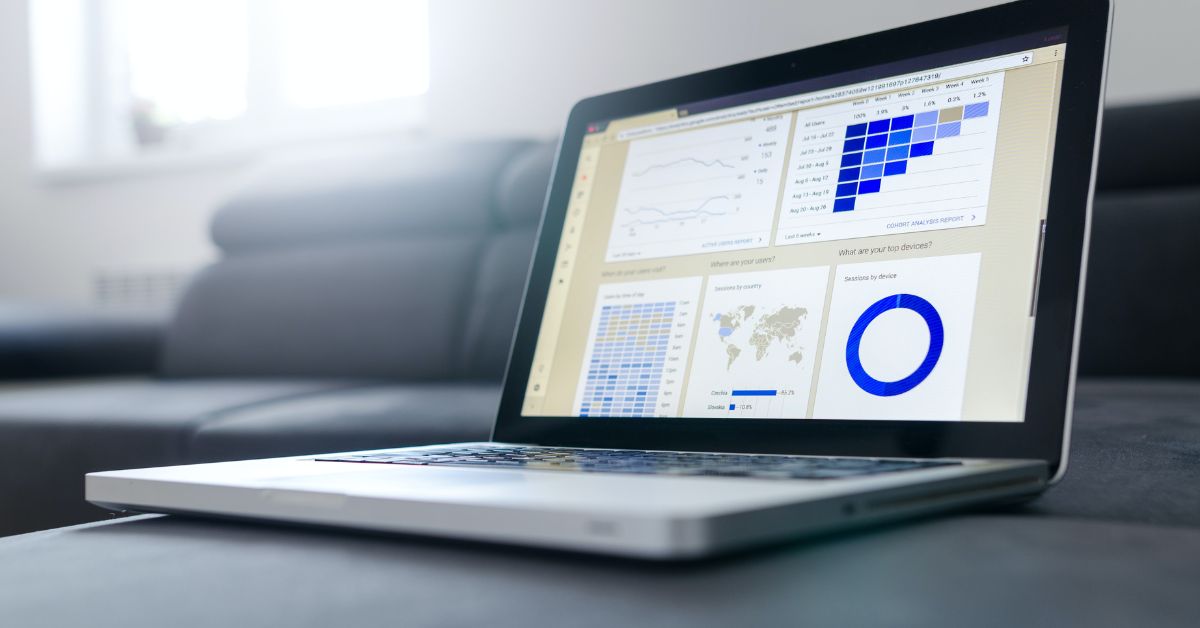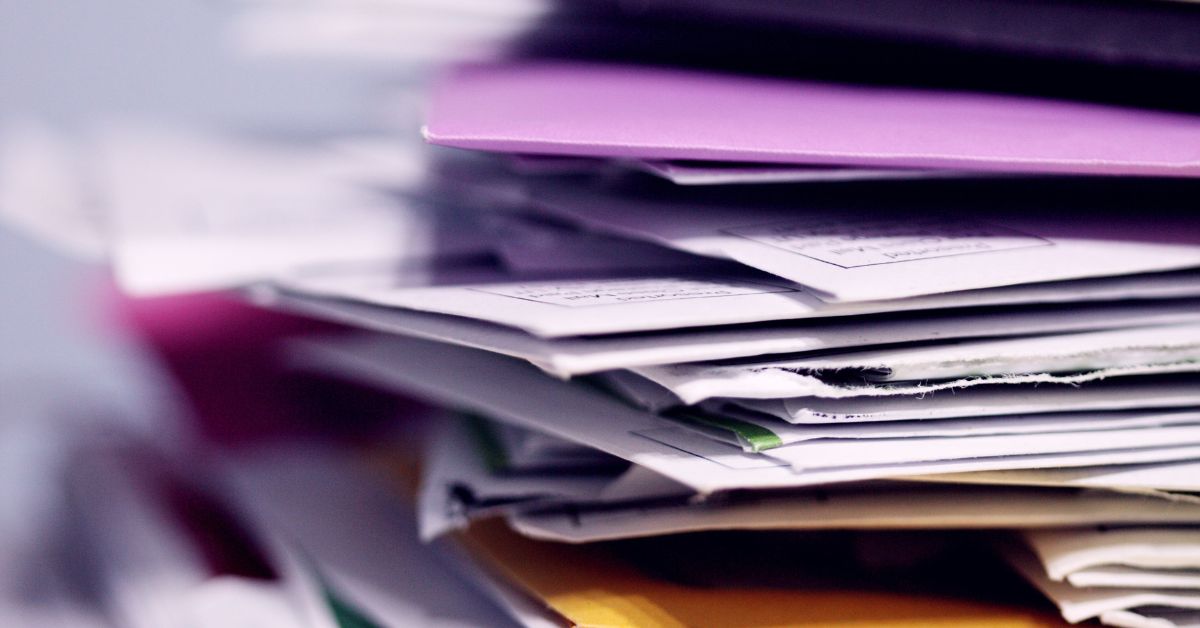Costs or Disbursements Passed to Customers Under VAT Rules
To provide your services to your customers, your business will incur costs. As you incur these costs, they will eventually be charged back to customers. These payments could be considered ‘disbursements’ for VAT. You do not charge VAT on them when you invoice your customers, nor can you claim the VAT back.
A business may be able to treat payments made to a client on a business’s behalf as ‘disbursements’ under VAT rules. If the business meets the disbursement classification, it does not have to charge VAT, and VAT cannot be reclaimed on those expenses.
In this article, we’ll discuss how your business treats customer-incurred costs in the concept of value-added taxation.

Costs to Exclude as Far as VAT Treatment is Concerned
A disbursement is a payment made by your business on behalf of a client. VAT cannot be claimed on such payments and is not charged when the client is invoiced. In this case, your business merely acts as an agent for the client, not as the ultimate buyer and receiver of the good or service.
It is crucial to justify your disbursements on behalf of your customers. You should exclude costs made or actions taken on your customer’s behalf from the calculation. If the payment was made by the customer, not by you, then the payment is a disbursement. Disbursements are advantageous if neither the supplier nor the customer charges VAT.
What Isn’t a Disbursement?
The fee and expenses incurred by your business to provide goods or services to your customers, such as traveling expenses and postage and package costs, cannot be considered disbursements. Invoicing back your customer must include these incidental costs in the VAT calculation. The cost of travel and phone calls are also examples of incidental costs.
On your invoices, you can itemise such costs or not. These are known as ‘recharges’ if you invoice your customers separately. No matter how much VAT you paid, you have to charge VAT on them.
When You Can and Can’t Claim Back VAT
If VAT was charged on items, you paid for but were not supplied to your client, you can claim the VAT back. Whether you charge your customers for these costs does not matter. Each item you want to claim the VAT back will require a VAT invoice.
Additionally, if your customer is VAT-registered, they may be able to claim a refund for the VAT you charged them.
A VAT-registered supplier may have charged VAT on goods or services you purchased on behalf of a customer. This VAT can’t be claimed if you invoiced your customer without including VAT and treated it as a disbursement for VAT purposes.
Note that a customer with no valid VAT invoice for the goods or services may not be able to claim back VAT.
What Records You Need to Keep for VAT
Keeping proof that you were entitled to leave out disbursements from VAT calculation when you invoiced your customers is necessary if you pass on disbursements and do not charge VAT. These can be in the form of sales orders or invoices.
Moreover, you should be able to prove that you didn’t claim back the VAT on the items you paid for your customers.
Recharge
Keeping a valid VAT receipt or invoice handy is essential to claim back VAT on costs and expenses passed on to your customers as a recharged expense.

Conclusion
There you go! In some cases, a business may be capable of creating payments on the exact amount on their client’s behalf as ‘disbursements’ under VAT regulations. Disbursements are not subject to VAT, and VAT cannot be reclaimed if the business meets this classification.
For a more accurate and reliable accounting and VAT treatment, you may seek guidance from consultancy service practitioners.
Frequently Asked Questions
What does disbursement mean on an invoice?
Disbursements are payments made on behalf of customers when you charge them for them.
Is there a difference between expenses and disbursements?
The term expense refers to spending money on operating a business, whether it is to pay employee salaries, purchase new supplies or equipment, or market the business to increase profits. Disbursements refer to payments made by a company or agent on behalf of a client or person.
Are disbursements income?
It is important to note that disbursements are records of money flowing out of business rather than profits or losses. For example, a company that uses the accrual method of accounting records expenses as they occur, not as soon as they are paid, and records income as soon as it is earned.
What is VAT?
The term “VAT” refers to Value Added Tax, which was introduced in the UK in 1973 as one of the forms of taxes. It is a tax imposed on a certain good, service, or any other taxable supply purchased and sold within the UK that is subject to VAT. Despite its consistency with EU VAT, this system is now distinct from it.
What is the VAT rate?
In the UK, three different tax rates can be charged on goods or services depending on the type.
It is customary to charge a standard rate of 20% on most goods and services. There are certain goods and services that are covered by the reduced rate of 5%, including home energy consumption, children’s car seats, and residential property conversions. The zero rates are applicable to the majority of foods and children’s clothing that is sold in the country.
VAT, however, does not apply to all sales and certain sales are exempt from the VAT regime or are not included in the scope of the VAT regime. It is for this reason that certain types of services, such as insurance, health care, postage stamps, and education are exempt from UK VAT, while statutory fees, goods and services purchased or used outside the UK, and donations to charities are not affected by the VAT laws.
How much is the VAT threshold?
VAT registration is required if your taxable turnover exceeds £85,000. Revenue generated by sales not exempt from VAT is considered to be a taxable turnover. VAT is applicable even to zero-rated turnover.
VAT is not charged on the sale of goods or services if the company does not pass this threshold. They are also not required to register with HM Revenue & Customs (HMRC). Businesses with turnover of more than the threshold must register for VAT with HMRC.
In contrast to a fixed period such as a tax year or calendar year, this turnover threshold is measured on a rolling 12-month basis. This would mean any period from the beginning of June until the end of May, for example.
In unregistered businesses with turnover near the registration limit, it is crucial to pay close attention to this as there are strict deadlines for submitting the registration and charging VAT.
What is the process of registering for VAT?
A sole trader, a partnership, or a company is all subject to VAT in this context.
As soon as the business is registered with HMRC, they will issue a VAT registration certificate confirming that the business is registered with VAT, that its registration date is effective, and that the first VAT return is due on that date.
Voluntary VAT registration is available to businesses with turnovers below the threshold. Voluntary VAT registration can be advantageous in terms of reclaiming VAT on purchases and establishing a more professional image for customers.
In what way do you account for VAT?
As soon as a business is registered, every taxable sale must be subject to the applicable VAT rate. The VAT here is referred to as output tax. Businesses are responsible for reporting and making a VAT payment to HMRC, but they are ultimately responsible for receiving it from their customers.
As part of their input tax reclaim, businesses can reclaim input VAT paid on business purchases. This lowers their output VAT due. It should be noted, however, that there are some items that are not eligible for VAT reimbursements, such as entertainment costs, cars, and purchases used for personal use (for unincorporated businesses).






